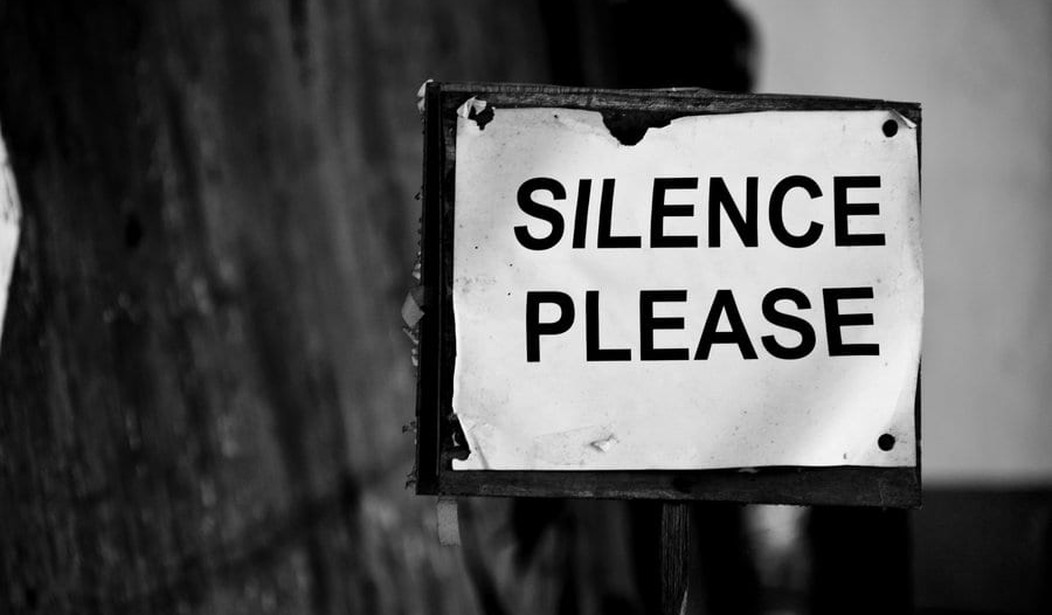There’s an old Cole Porter tune called “Let’s Not Talk about Love.” It’s not one of his most delightful works, but it does fall into the ample category of Porter “list” songs. Here’s an excerpt:
Let’s talk about frogs, let’s talk about toads,
Let’s try to solve the riddle why chickens cross roads,
Let’s talk about games, let’s talk about sports,
Let’s have a big debate about ladies in shorts.
And so on. And on. And on. The point soon becomes clear: let’s discuss absolutely everything. Everything! With one single, solitary exception:
But let’s not talk about love.
I’ve been thinking about Porter’s song today while watching the TV coverage of the Barcelona terrorist attack. On the BBC, on Sky News, and on CNN (I live in Norway, and therefore was unable to watch the U.S. broadcast networks), reporters and newsreaders talked about the specifics of the carnage, caused by a truck whose jihadist driver deliberately steered it off the road and onto the pavement, killing at least thirteen pedestrians. The newsfolk displayed maps of Barcelona and explained in detail where La Rambla (also known as Las Ramblas), the location of the terrorist attack, is located in relation to other major spots in the city. They showed pictures of the body-strewn avenue itself, with the corpses themselves blurred out of respect for the dead.
They discussed the popularity of La Rambla as a tourist destination, and went into some detail about the nationalities of vacationers currently thronging the city. They noted that La Rambla is Barcelona’s chief tourist street, essentially its counterpart to the Champs-Elysées in Paris, the Kufürstendamm in Berlin, Fifth Avenue in New York – and, perhaps most significantly, La Promenade des Anglais in Nice, France, where, in July of last year, eighty-six people were killed in a similar jihadist atrocity.
They pondered the apparent lack of sophistication of this particular crime, the biographical background of the truck driver, the timeline of the atrocity, the apparent speed and weight of the truck itself, and so on. They talked about the wounded, about the degree to which they had been wounded, about how many had been sent to hospitals.
But they didn’t talk about Islam. They didn’t talk about jihad.
They used words like assassin, murderer, criminal. Even terrorist. But I didn’t hear the word jihadist. If they said it, I missed it. And except when they were forced to mention that, for example, the Islamic State had claimed responsibility for the attack, I didn’t hear the word Islam.
What I heard was a hell of a lot of empty language. Language that you might use in the case of a natural disaster – a hurricane, an earthquake, a tsunami. The news people quoted tweets by politicians and celebrities from around the world – Donald Tusk, president of the European Council; London Mayor Sadiq Khan; the pope; Ellen DeGeneres – about how they were praying for Barcelona, about how their hearts were with Barcelona, about how the terrorists would never manage to…well, whatever. And, even before the bodies of the dead were cold, they talked about the city recovering, getting over it, going back to normal.
It was all utterly vapid nonsense. Context was virtually nowhere in evidence. Denial was everywhere. The cliché about not seeing the forest for the trees was never more apropos. The more these things happen, it seems, the more skilled the mainstream media have become in attending to the grisly details – and thus spiking their ratings – while doing their best to look away, as much as possible, from the atrocities’ ideological roots. From, in short, that fount of violence known as Islam, which has only just begun its violent assault on the civilized world.









Join the conversation as a VIP Member